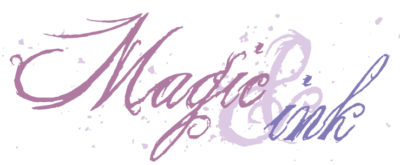
Dropping “suddenly” at the beginning of a sentence is a shorthand way of creating tension due to an unexpected change in circumstances. But it is not meaningful tension, and it can disrupt the pacing of a scene without adding anything of value.
I do think there are appropriate times to use suddenly — usually when tension is already high. For example, someone is watching a tightrope performance when, suddenly, the wire snaps. In this example, the “suddenly” is a release from tension you’ve already established, the cat jumping out at you after you’ve slowly creeped down the stairs to the unlit basement.
When “suddenly” pops out on you in a low or no tension situation, though, it’s like Bilbo opening his door and finding Freddy Krueger there. Sure, it’s startling, but does it carry any real narrative value? Surprises in fiction are better when they are anticipated, at least on a subconscious level, which the crafty writer can do by carefully weaving in atmospheric distractions and clues before and during the surprise, and by depicting the POV character’s surprised reaction after.
So before that knife-wielding assassin steps out from behind the arras, make sure the POV char notices the arras, and the way the moonlight is making puddles of shadow on the floor, and how many things they have on their to-list for the next day, and then when there’s a whoosh of heavy fabric as the figure steps out in front of them, moonlight glinting off the tip of their blade, the reader’s heart will stop right along with the POV character’s, no suddenly needed.
